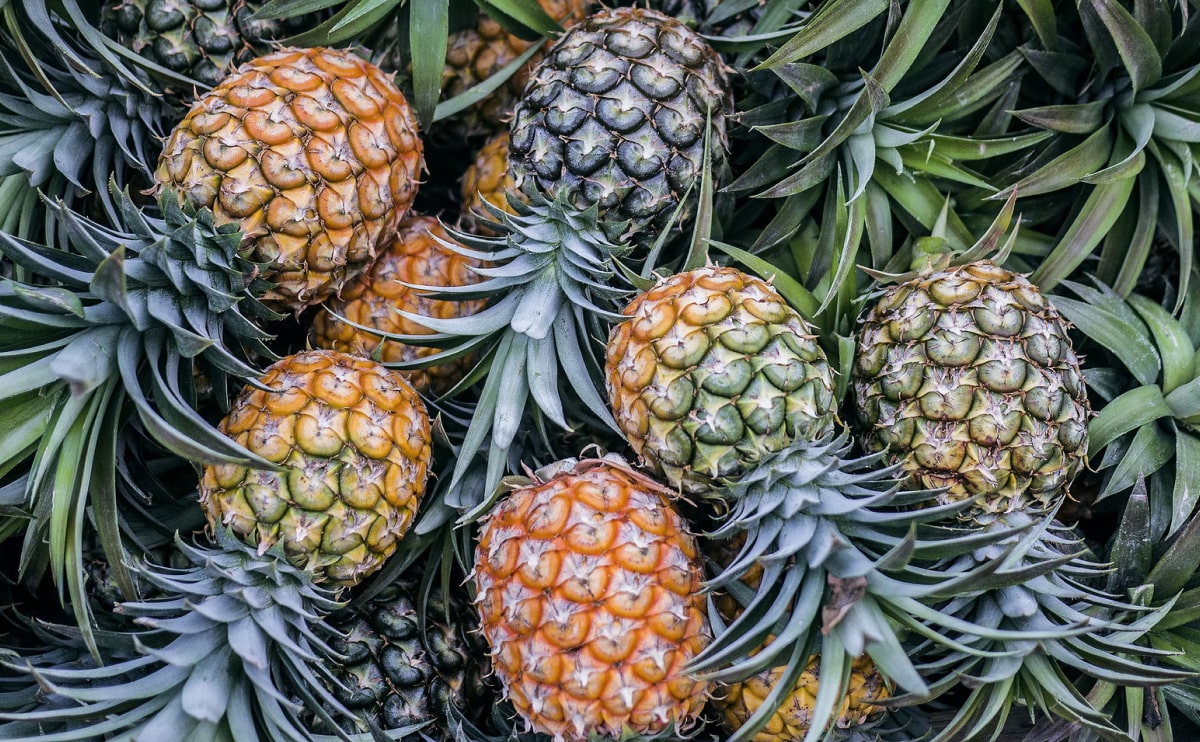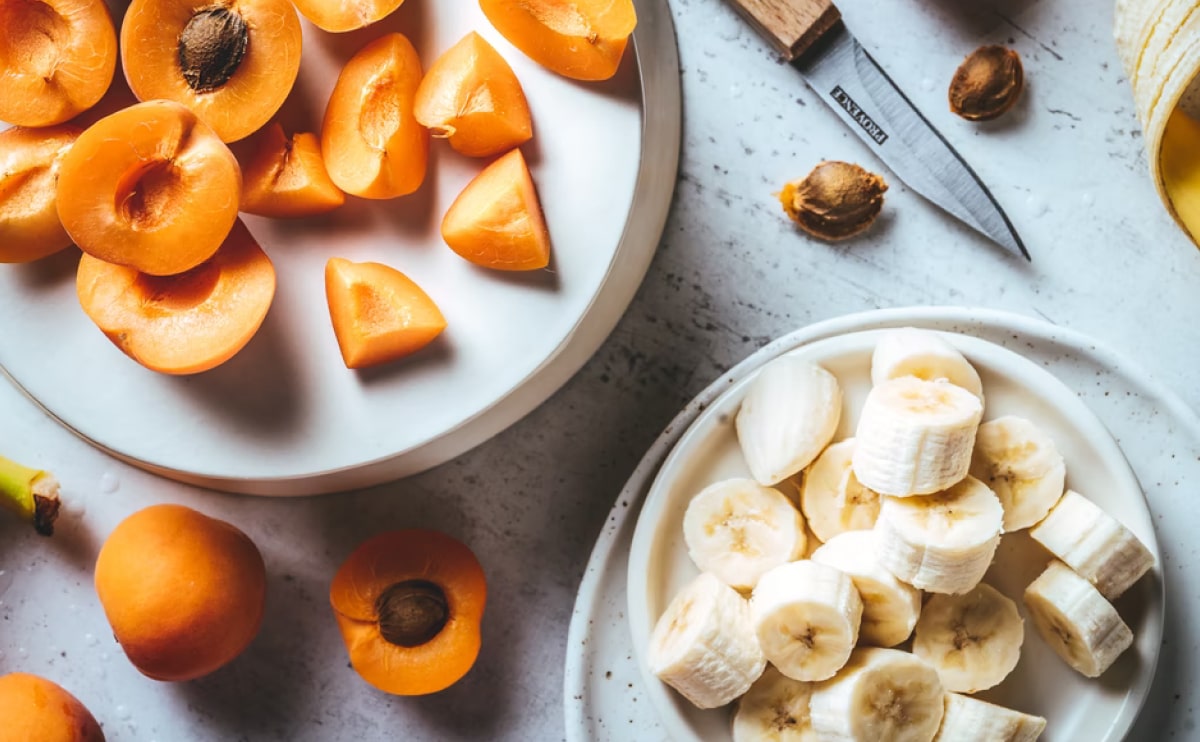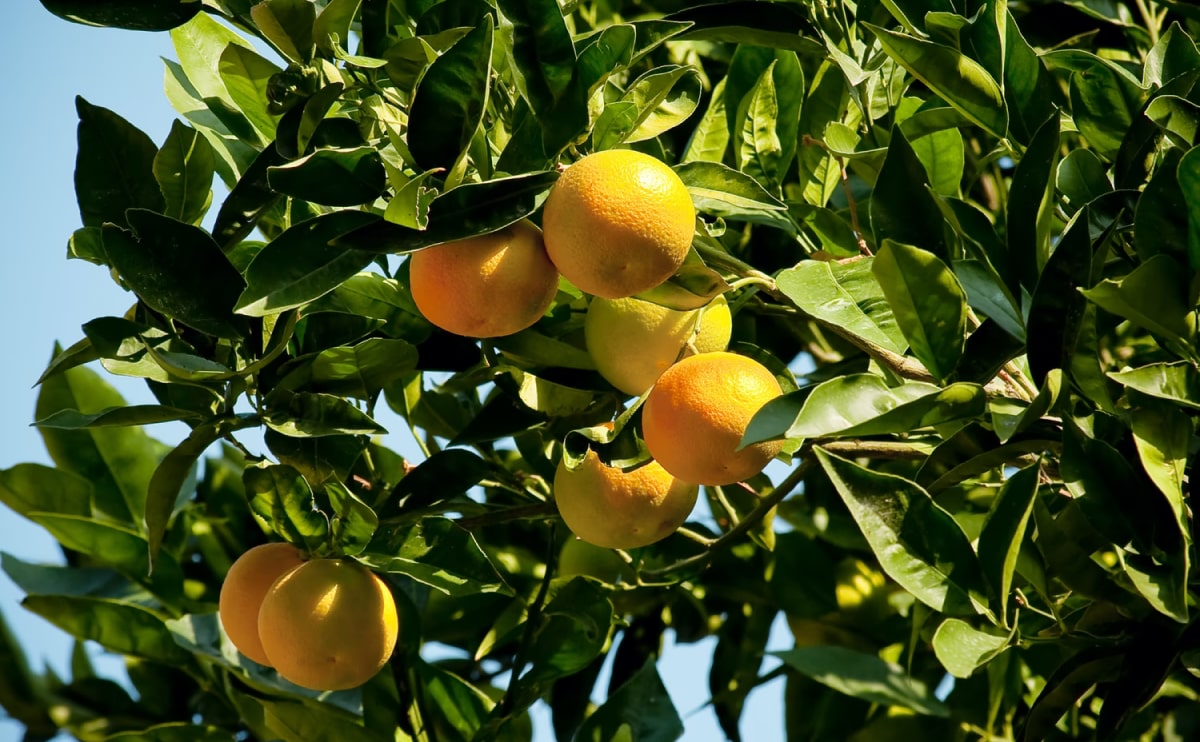Living a healthy, organic life often conjures images of overflowing organic markets and sky-high grocery bills. But fear not, budget-conscious shopper! The organic world is brimming with strategies to help you find the best deals and enjoy the benefits of organic products without breaking the bank. Here's your guide to navigating the organic aisle while staying true to your financial goals.
Planning is Power: Embrace Meal Planning and Seasonal Eating

Planning your meals for the week is a game-changer for organic shopping. This allows you to create a grocery list focused on specific needs and reduces impulse purchases that can drain your budget.
Embrace the Power of Seasonality: Organic produce tastes best and is often more affordable when it's in season. Explore farmers markets and local grocery stores to find seasonal fruits and vegetables at their peak. Not only will you get a delicious deal, but you'll also be supporting local farmers.
Prioritize Your Purchases: Focus on the "Dirty Dozen"

The Environmental Working Group (EWG) publishes an annual "Dirty Dozen" list, ranking fruits and vegetables with the highest pesticide residue levels. Focus on buying these items organic whenever possible. For conventionally grown produce, prioritize items lower on the list where pesticide exposure is less of a concern.
Befriend the Freezer: Stock Up on Frozen Organic Options
Frozen organic fruits and vegetables can be lifesavers for busy budgets. Frozen at peak freshness, these options are often just as nutritious as their fresh counterparts and significantly more affordable. Utilize frozen produce for smoothies, stir-fries, soups, and even baking!
Store Brands can be Your Secret Weapon
Many grocery stores offer their own lines of organic products at competitive prices. Explore these store brands; you might be surprised by the quality and value they offer.
Bulk Buying Done Right: Share or Utilize Strategically
Bulk buying organic staples like grains, beans, and nuts can be cost-effective, but only if you have the storage space and can utilize them efficiently. Consider splitting bulk purchases with friends or family to avoid waste.
Join a Community Supported Agriculture (CSA) Program
CSAs connect you directly with local farms, allowing you to receive a weekly box of fresh, seasonal produce at a predetermined price. This can be a fantastic way to access a variety of organic produce at a potentially lower cost.
Embrace Imperfect Produce Programs
Imperfect-looking fruits and vegetables are often just as delicious and nutritious as their aesthetically pleasing counterparts. Many grocery stores and online retailers offer "ugly produce" boxes at discounted prices.
Get Crafty with Leftovers: Reduce Waste and Save Money
Planning meals around leftovers can save you time and money. Leftover roast chicken can be transformed into a delicious salad or soup. Get creative and repurpose ingredients to avoid food waste and stretch your organic dollar further.
Think Beyond the Produce Aisle: Organic on a Budget Extends Further
Organic living extends beyond just food. Consider exploring store brands for organic cleaning products, personal care items, and even household essentials. Remember, every organic choice you make contributes to a healthier environment.
Going organic on a budget is a journey of exploration and resourcefulness. Embrace these tips, be open to trying new things, and you'll discover that a healthy, organic lifestyle is within reach, even for the most budget-conscious shopper. So, happy organic shopping adventures!



